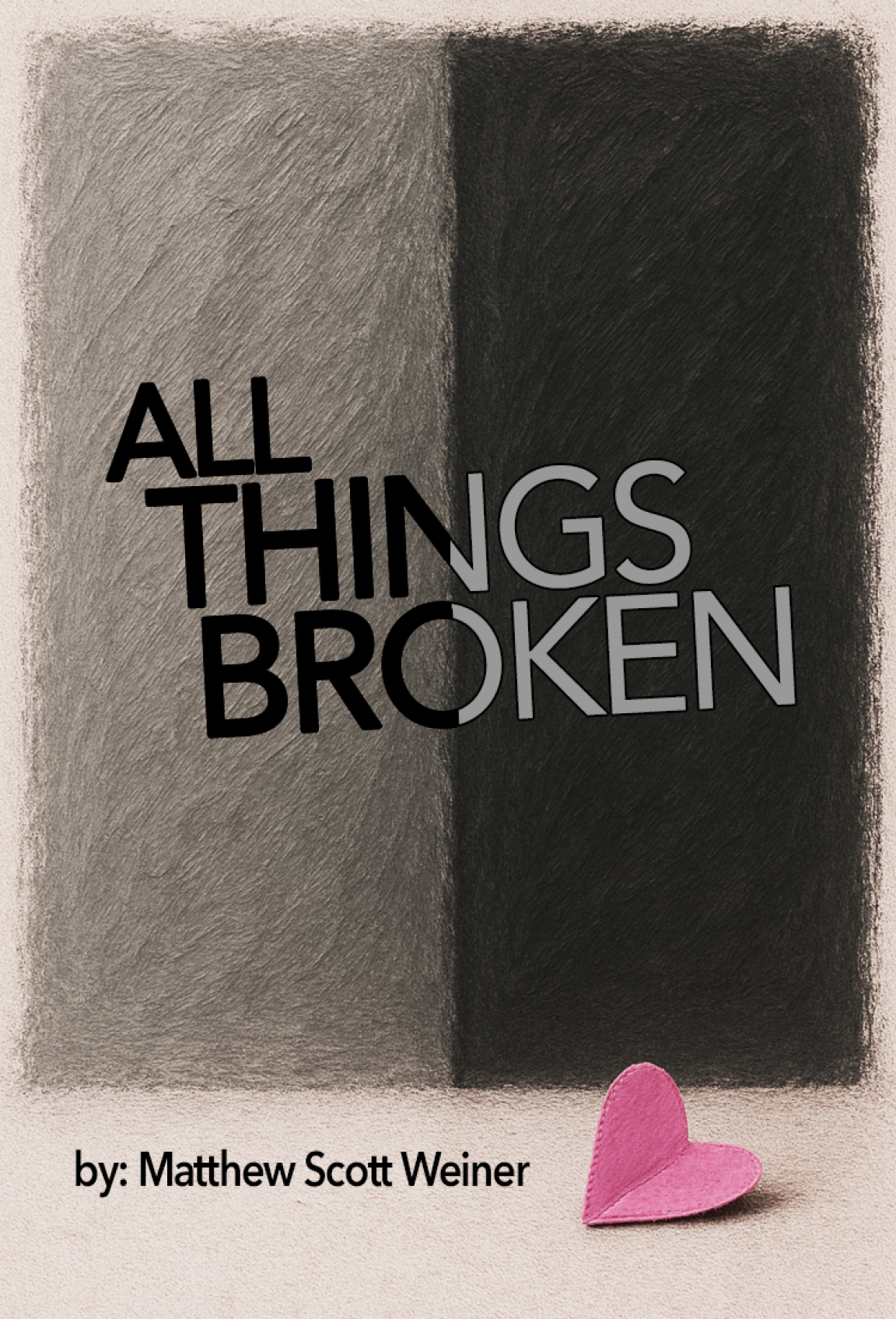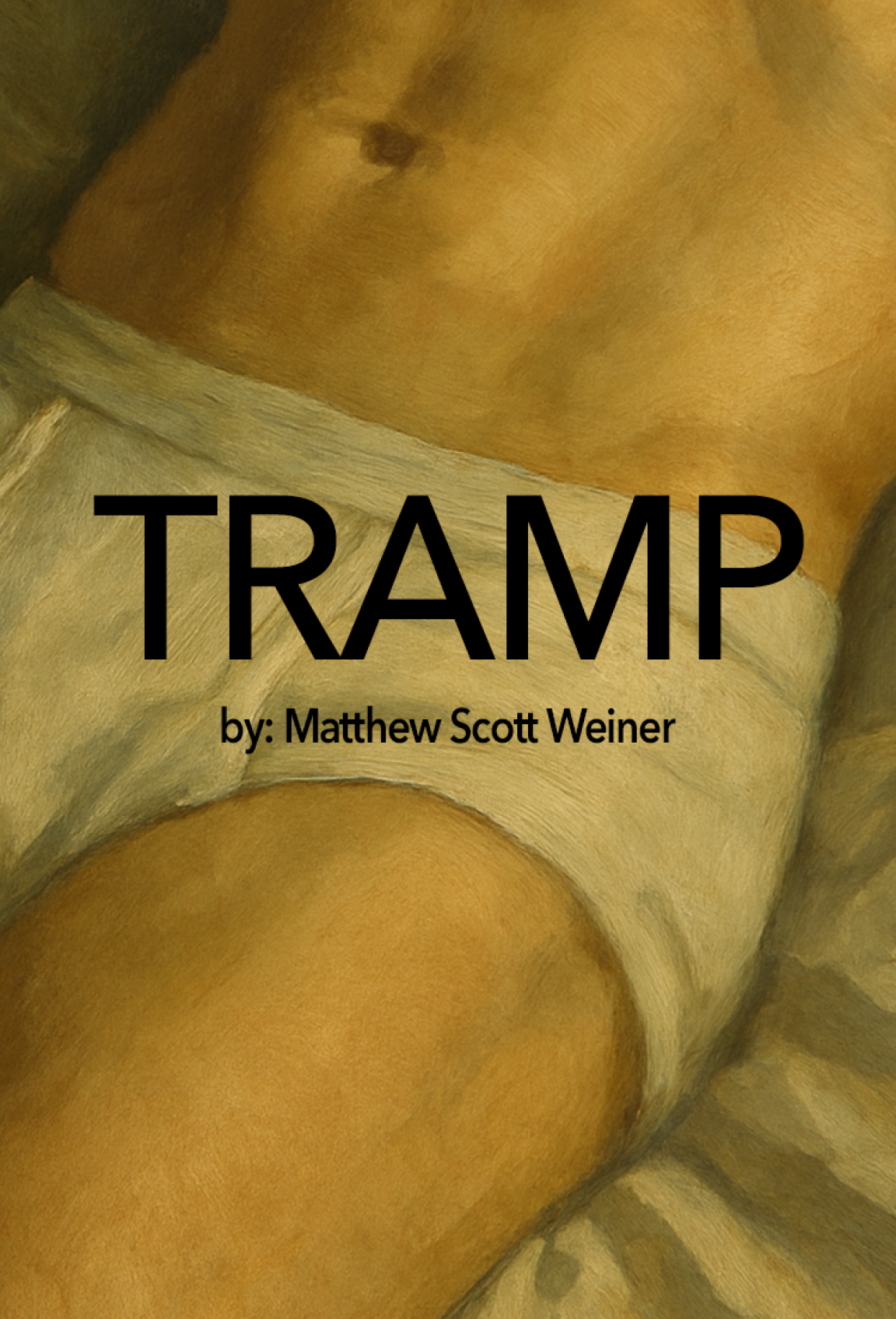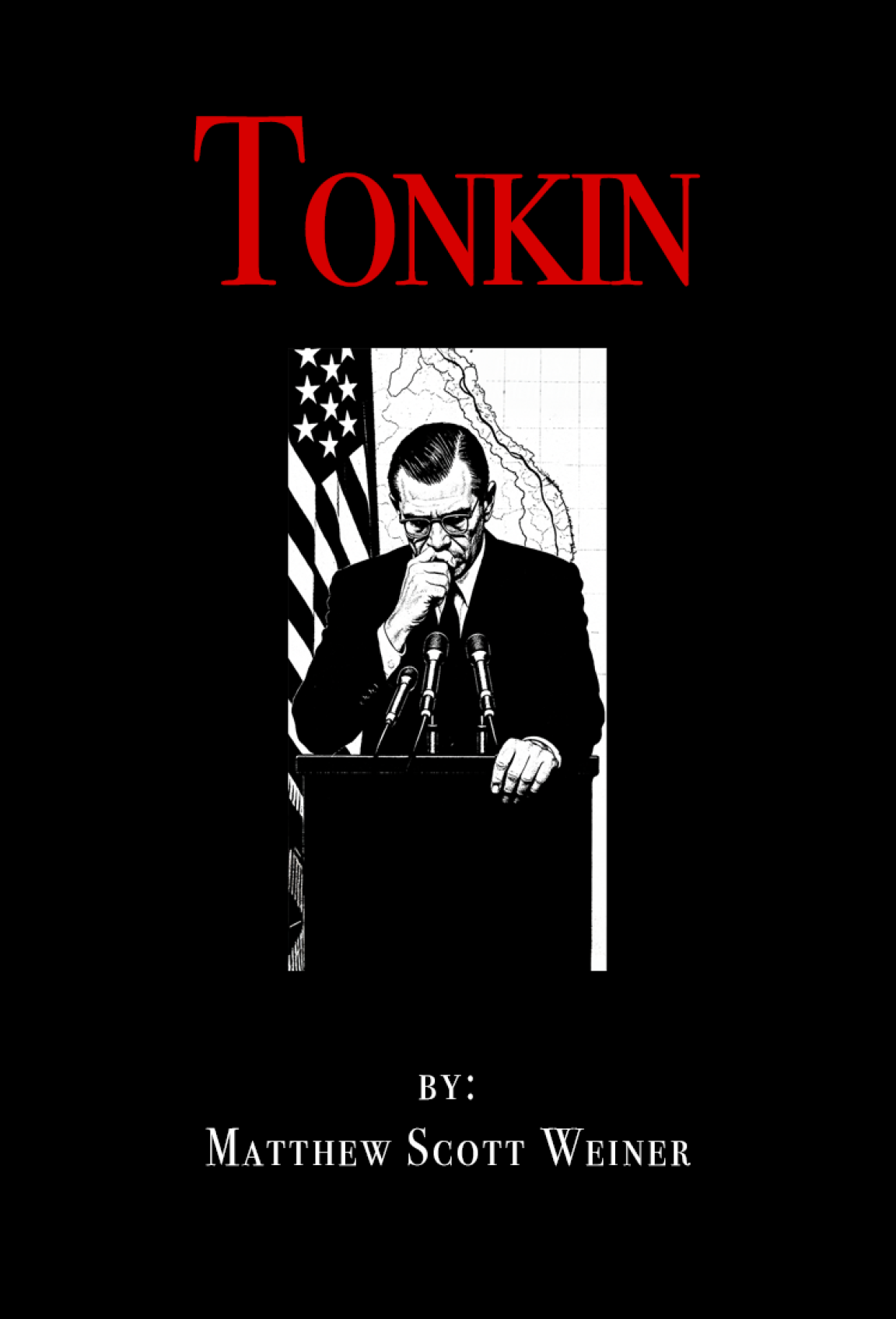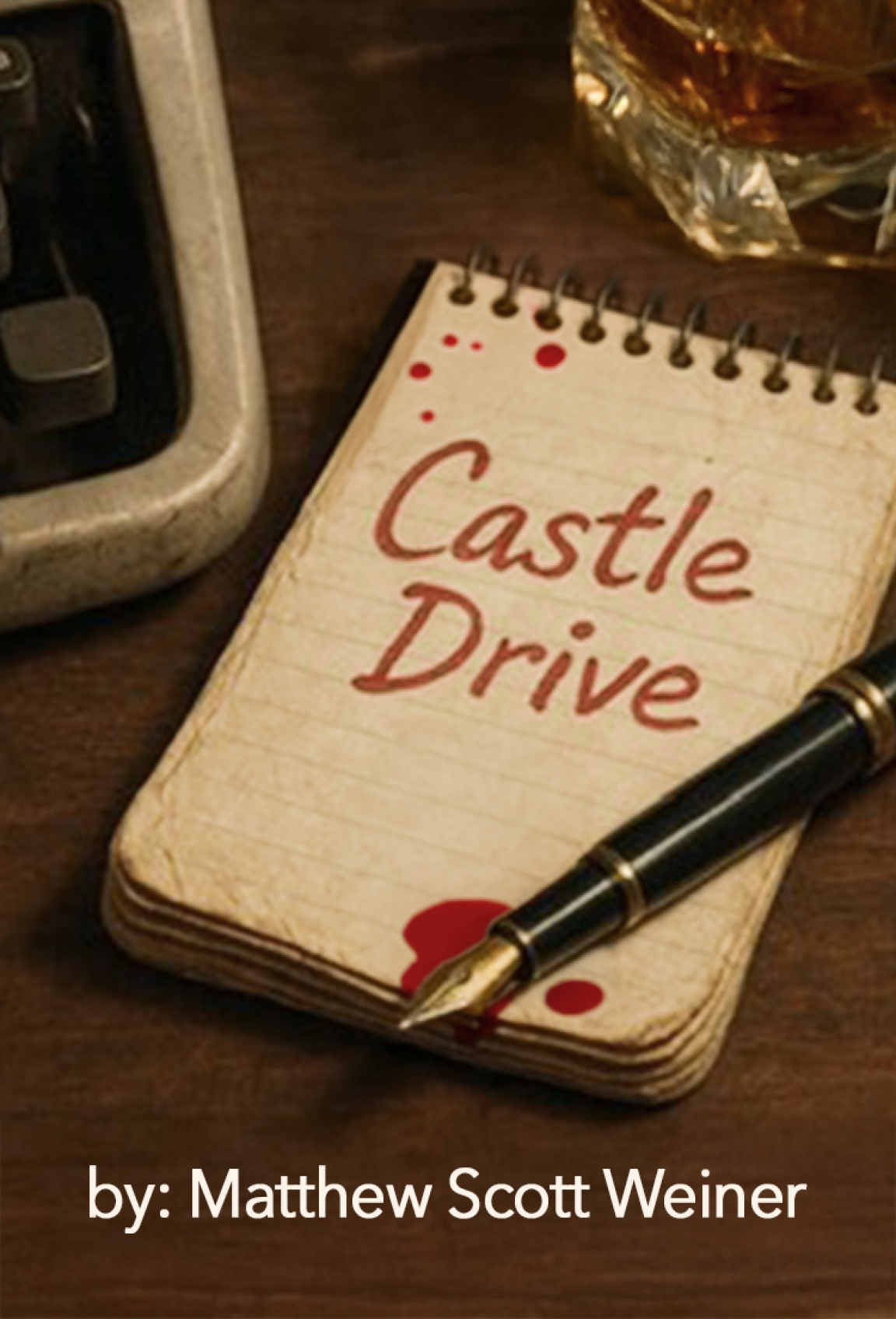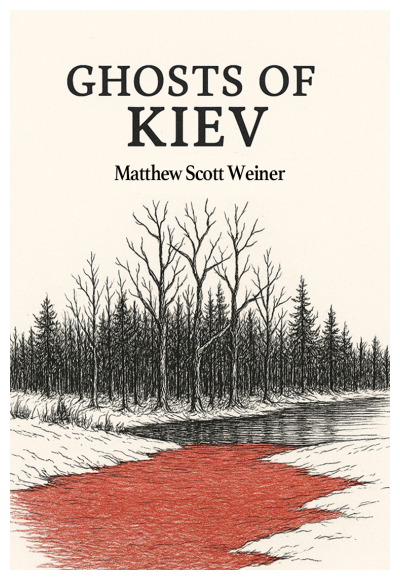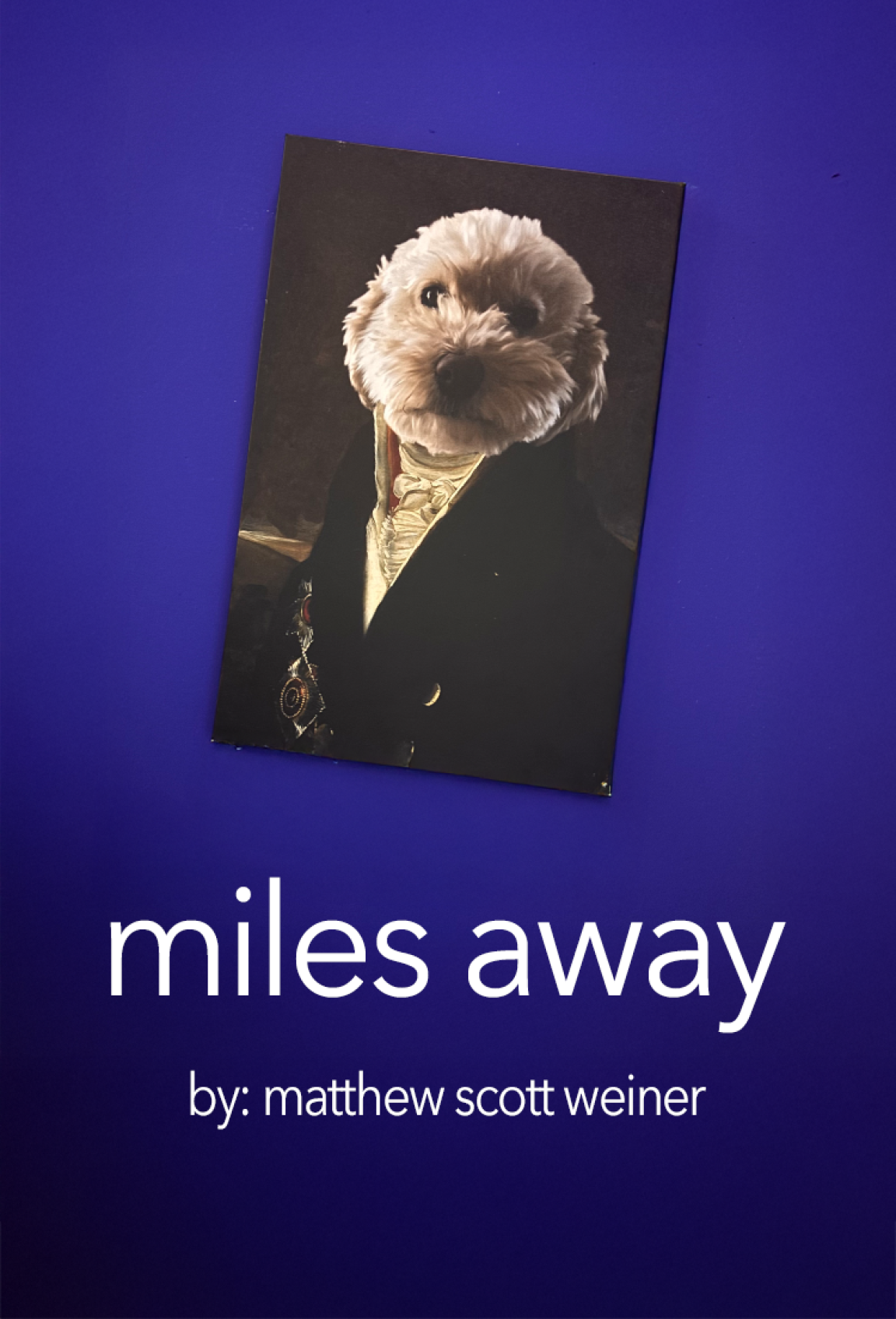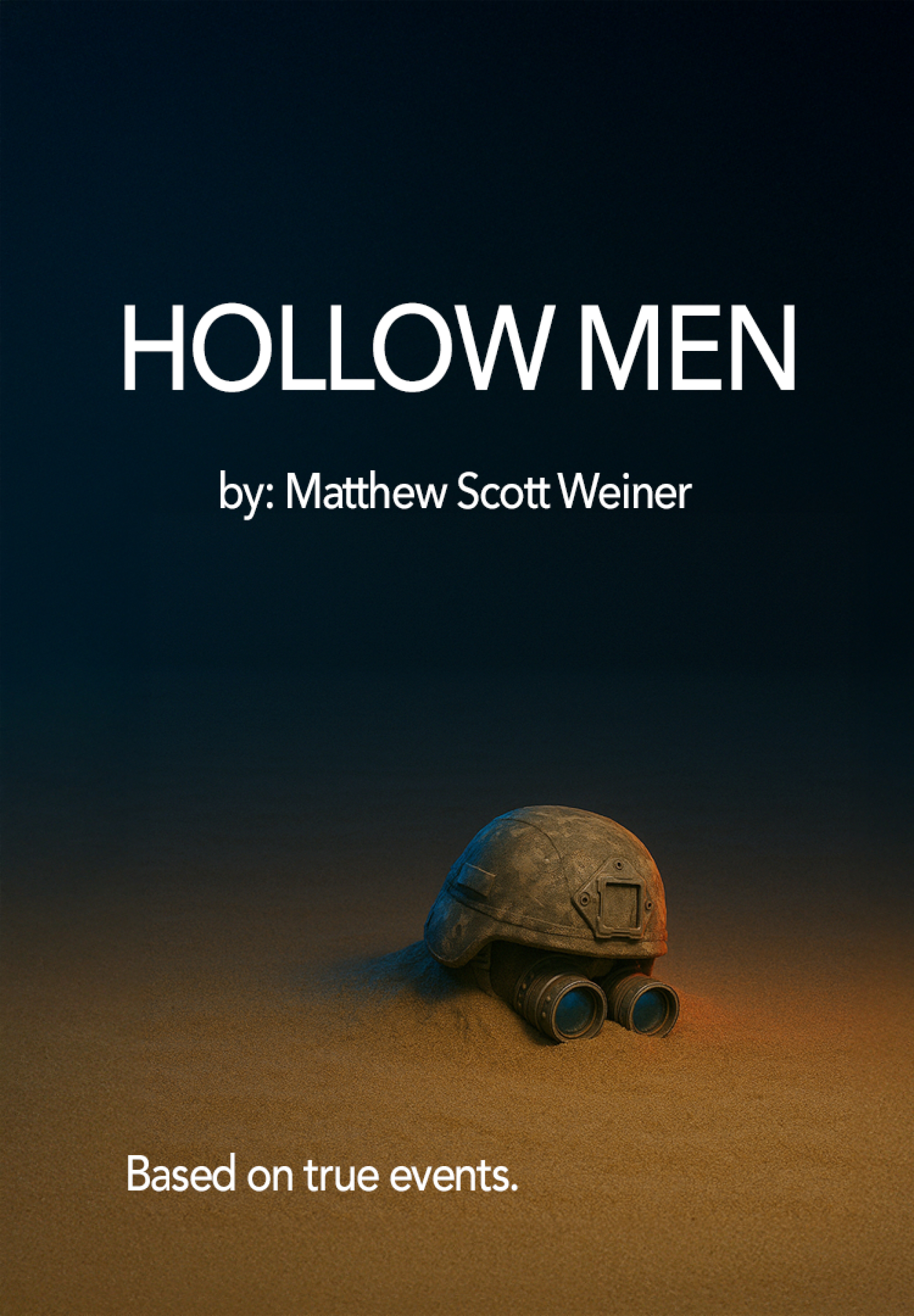
Synopsis/Details
Under a moonless March night near the remote American outpost at Belambai, three insurgents force local boys to bury bombs beneath a twisted tree within sight of the wire. Come morning, grape fields and a painted sky frame the uneasy alliance of infantry, Special Forces, and Afghan partners. Staff Sergeant Robert Bales limps from his conex, concealing chronic pain with pills and steroids. Captain Fields, meanwhile, works to build fragile trust with village elder Mohammad Wazir and encourages his men to complete a brightly colored mosque door—a symbol of goodwill.
Bales seethes. Bitter over his sidelined authority and his crumbling body, he bullies a supply driver, antagonizes Afghan soldiers, and lashes out when Fields reassigns patrols without consulting him. Tensions flare. When a convoy rolls out—Fields practicing Pashto with Rajab in the lead truck—a buried explosive rips through the first vehicle. Isaac loses a leg. A second blast follows. Bales, posted on the rooftop with a sniper rifle, curses himself for hesitating to fire on a shadowy figure in the vines.
Back at base, medics fight to keep Isaac alive as paranoia sets in. Bales, wound tight with adrenaline and self-loathing, grabs a fire team and obliterates the tell-tale tree with explosives—igniting suspicion and drawing Fields’s public fury. Later, Fields softens and opens up beside the burn pit, sharing a story of a fallen teammate and saplings gifted to villagers who chopped them down for firewood. But nuance is lost on Bales. Alone in his room, he berates his wife during a video call, drinks stolen whiskey, and handles his pistol too casually.
Fields leads a surgical raid on a bomb-making hub inside an abandoned civic center, guided by Ismatullah—a bright local boy who once juggled for American troops. They uncover propaganda tapes vowing death to “Christian crusaders,” adding weight to fears that goodwill is paper-thin. One night, a guard at the South Tower radios a chilling report: someone has slipped off base. Bales’s bunk is empty. His weapons and night-vision gear are gone. Then come the distant rifle pops.
Before sunrise, Faizullah’s white car screeches to the gate at Zangabad. Inside are screaming children and wounded women, their skin charred and riddled with bullets. The father howls about an American who massacred his family. Surveillance images from the base blimp reveal a lone figure in a blue shawl jogging back toward Belambai—helmeted, armed, night-vision goggles in place.
Lance, Mac, and Dave confront Bales at the gate. Blood stains his fatigues. Grenade launcher, rifle, and pistol hang from his frame. He drops to his knees, whispering he “did nothing wrong.” They disarm him, unloading his weapons and gear like a magician’s sleight of hand. Inside the med shed, Chewie’s questioning unearths something darker—Bales had returned to reload before attacking a second village.
Far from the outpost, Fields races his ATV toward the smoking skyline of Naja Bien. He finds the mosque door—the same one he urged his men to paint—ablaze, its stars and stripes curling in the fire. At Wazir’s home, Fields steps over broken dishes and a dead dog, flashlight flickering across walls slick with blood. A scorched pile of bodies lies in the corner. Beneath them, a faint gasp. Ismatullah is still alive.
With the help of Wazir and a stunned Taliban fighter, Fields pulls the boy free and speeds toward Zangabad. A roadside bomb flips the ATV, but Fields crawls from the wreck and carries Ismatullah across the dust-choked horizon. Medics rush to help, but it’s too late. Fields collapses, pistol in hand, beside the boy’s still body.
Back at Belambai, dawn breaks on two fronts: CID agents arrive by helicopter, and hundreds of furious villagers approach the perimeter. Lance fires illumination rounds. Chewie orders riot gear, non-lethal rounds, and ANA weapons to the wall. Inside, Fields finds Bales casually drinking coffee.
Rage overtakes him. Fields slams the sergeant against the cabinets, presses a sidearm to his face, and nearly pulls the trigger. Instead, he chokes the breath from Bales until the man wheezes that he “did nothing wrong.”
CID agents escort Bales out, a dazed figure walking past Afghan and American soldiers who line the path—some stunned, others white-knuckling their rifles. Fields stands just beyond the wire, dust billowing around him, as he orders tear gas to the towers and crowd-control rounds to the wall. He admits to Lance that Rajab was right—nation-building is a fairy tale.
All Accolades & Coverage
Recommended by Indie Film Hustle (Coverage)

